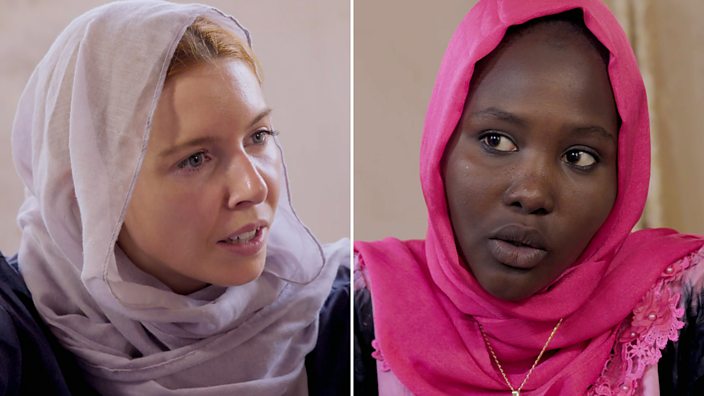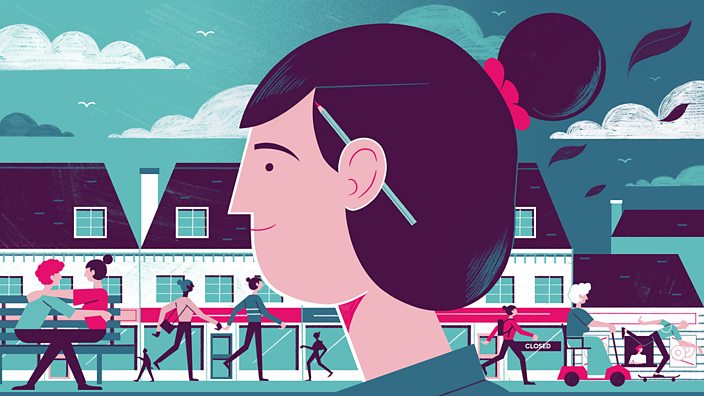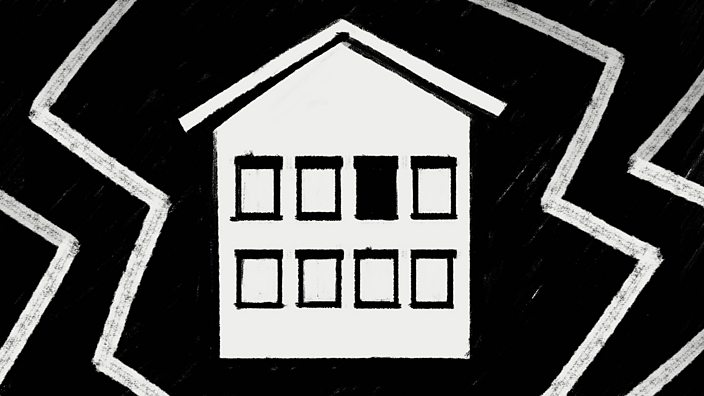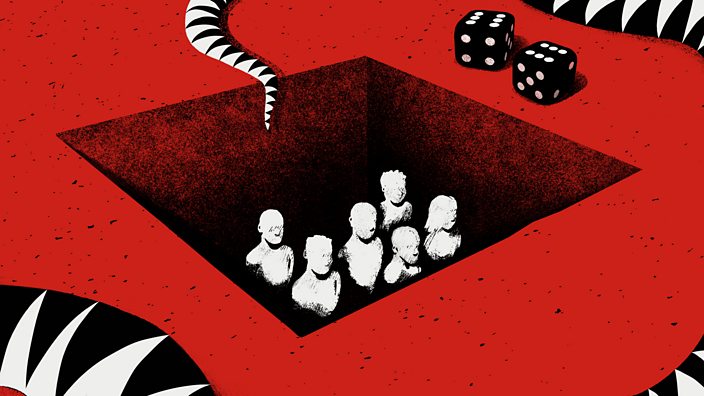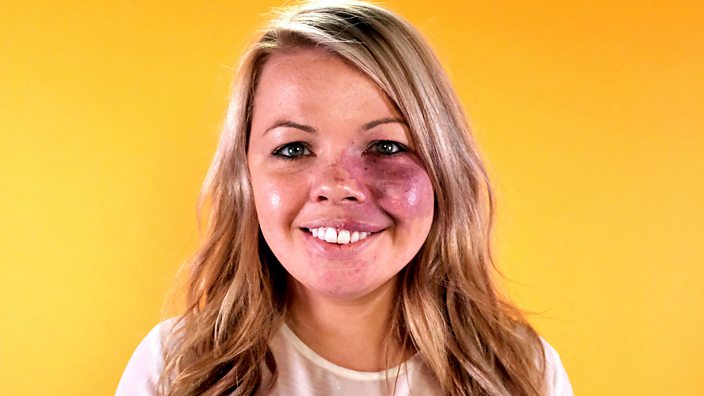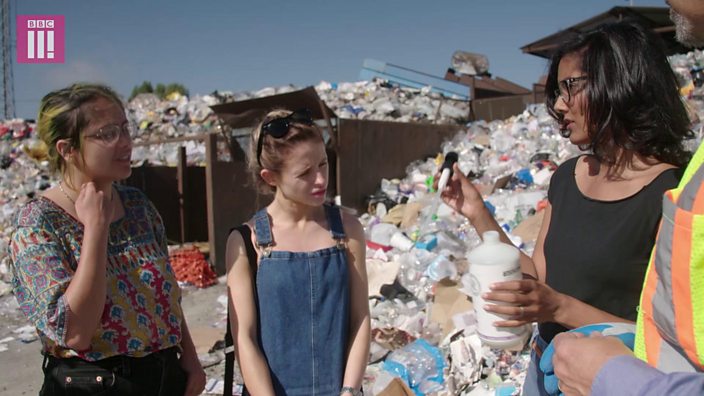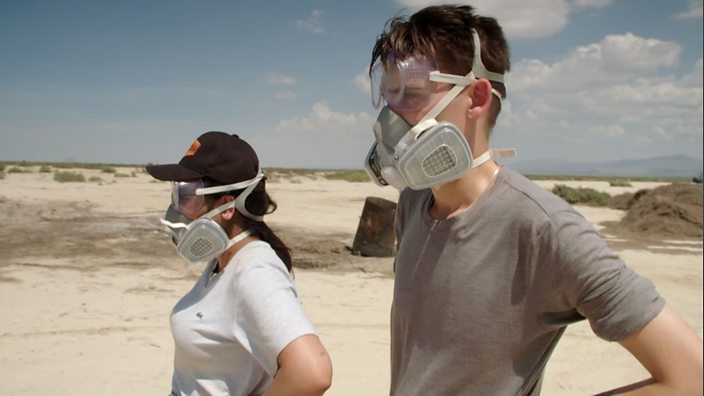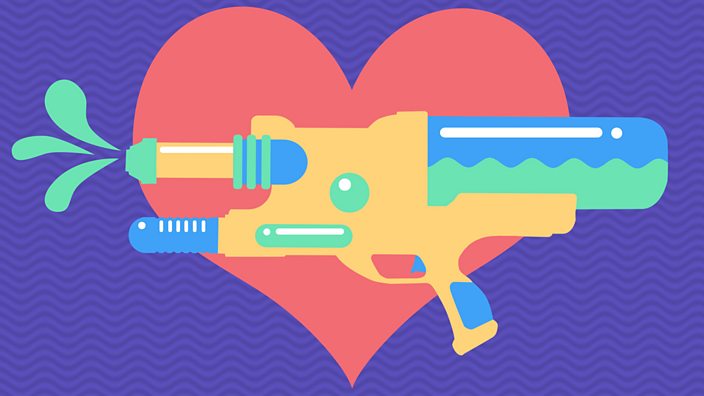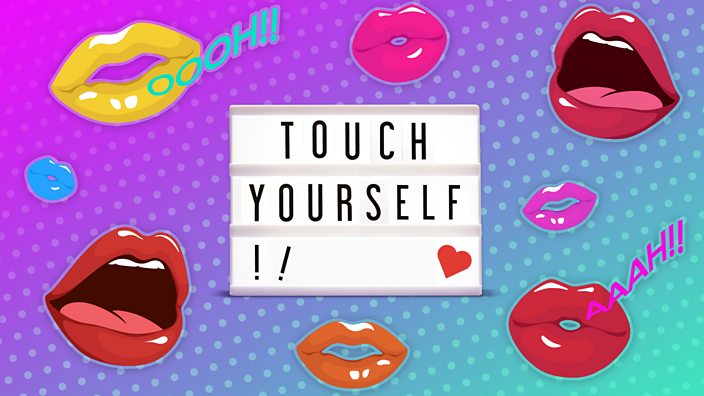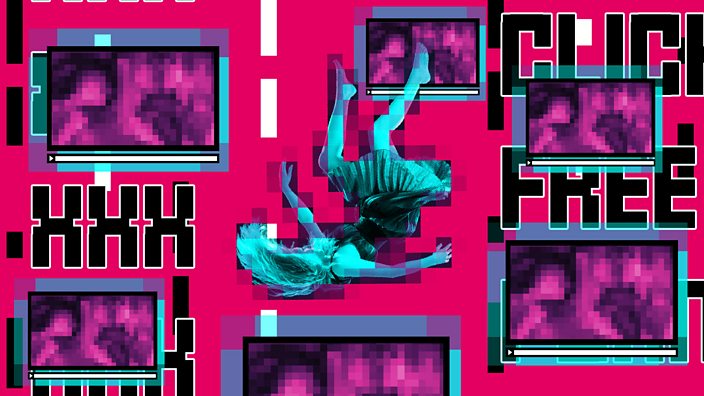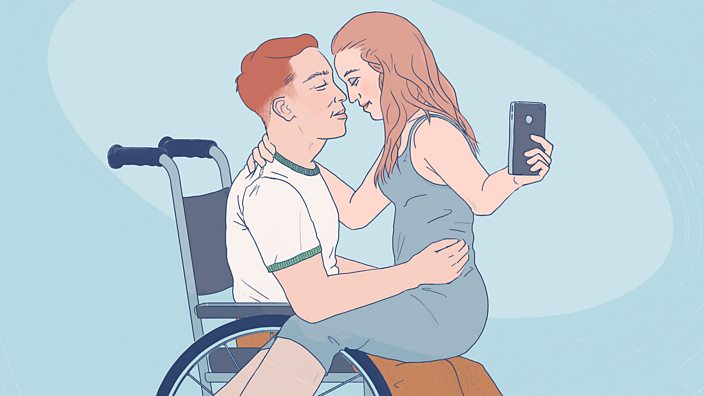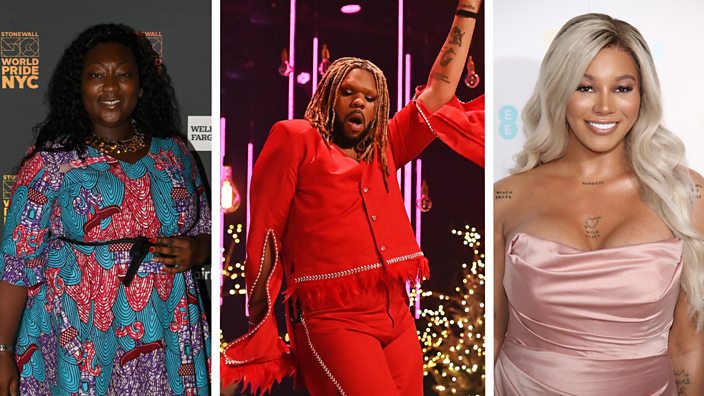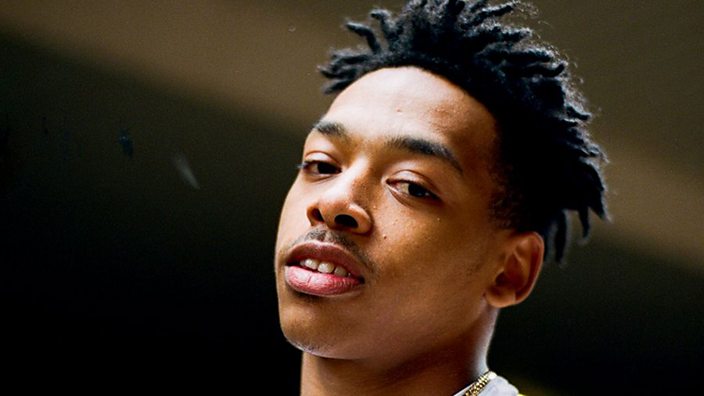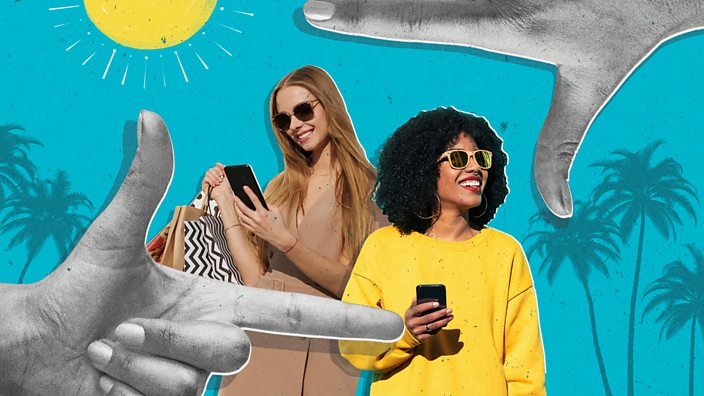 BBC Three / iStock
BBC Three / iStockHow we're all being changed by influencer culture
We don't really need a personal Instagram photographer, do we?
There’s a curious trend you might’ve spotted sweeping through tourist hotspots, beautiful sandy beaches and mural-covered walls up and down the land recently: influencers and their increasingly elaborate photoshoots.
The fact is, influencers, who can sometimes command thousands of pounds for a single sponsored post, are rapidly building a new, online economy.
And businesses have begun responding to this trend by offering photography services tailored for people who crave professional-quality shots for their Insta feeds.
One company, which charges around £140 for an hour-long ‘flash’ shoot, matches influencers with snappers, who will follow you to your destination of choice to capture the perfect social media picture.
Meanwhile, clout-seeking visitors to a popular nature resort in Indonesia can hire one of the park’s professional photographers to bag that ideal Insta photo.
The popular tourist hotspot, famous for its shimmering blue reservoir, uploads images directly to visitors’ phones so they can post them on Instagram instantly.
Thousands of people visit the site every week, despite waiting times of up to six hours.
Other companies even offer trips to far-flung places like Nicaragua and Colombia alongside a personal photographer, who snaps guests as they eat, relax and take part in messy-sounding activities like bathing in mud volcanoes (totally normal and relatable activity). It might take the pressure off capturing that perfect selfie - for a price - but we're not sure we'd even want someone snapping away while we're wallowing in mud. Just personal choice.
But these are far from the only examples of how influencer culture is influencing our behaviour.
A photo at the summit of Roy’s Peak, in Wanaka, New Zealand, went viral last year after it exposed just how many people visited the ‘secluded’ spot to secure the perfect social snap.
Last year, a spokesperson for New Zealand's Department of Conservation told the BBC that visitor numbers to the Peak had increased by 12% to 73,000 between 2016 and 2018, because the spot had become a "quintessential icon for the Wanaka region through social media".
So is this image-focused influencer culture affecting us for the better or for the worse?
Dr Danielle Wagstaff, a psychology professor at Federation University Australia, told BBC Three that social media and influencer culture can sometimes lead us to “derive a false sense of what everyone else is doing” and that this “can definitely have a negative effect on our mental health and wellbeing.”
Essentially, she argues that we tend to compare ourselves to others on social media, which can make us feel like we're simply not good enough. This, in turn, can have a massive impact on our self-esteem and can increase anxiety.
The problem with influencer culture, she says, is that we're being fed a false view of what is normal, in terms of appearance and success, and that our regular old lives just can't compete.
One important way this affects us mere social media mortals is body image.
A recent survey found that more than half of 18 to 34-year-olds feel that social media (along with reality TV) has a negative effect on how they see their bodies.
The ComRes survey of 2,000 British adults for BBC 5 Live also suggested that younger people were more likely to consider having cosmetic surgery.
Discussing how social media puts pressure on young people, psychiatrist Sandeep Ranote added: "A lot of social media platforms like Instagram and Snapchat are all about posting images that can be changed. They're not real… the impact of that on young people is that it leads you to think that's how you should look.
"Seeing that constantly can make you feel that you are not good enough and that can have an effect on your emotional health."
Influencers can be a real force for good
Psychology professor Dr Danielle Wagstaff
“This has been very well researched when it comes to, say, young girls and body image. We know for instance that being exposed to idealised body images on social media can change the way women feel about their bodies,” added Dr Wagstaff.
“This stretches too to other types of body trends like fitness where we are seeing a spike in fitness influencers who very likely have no training or qualifications themselves.
“Influencers often depict their ideas about health, eating, vaccinations or fitness as the new normal, and create an expectation that we need to be doing these things too if we want to keep up.”
It’s not all doom and gloom, though, because the researcher thinks influencers can play an important role in spreading positive messages and increasing diversity.
“On the other hand, we see influencers having great positive effects, promoting things like body positivity, spreading messages about speaking out against toxic masculinity, the #MeToo movement which has rapidly changed the way people think about and approach sexual assault, and environmentally conscious movements like veganism,” Dr Wagstaff added.
“Rapidly these trends are changing our expectations about our rights, about what we can do to get support, and about it being okay to say you’re not okay.
“When we see that other people, just regular people, not necessarily celebrities or traditionally famous people, are living relatable lives - posting about their own body image and mental health struggles - it can help to create a sense of camaraderie, a feeling that ‘I’m not alone, other people understand what I’m going through’.
“So I think in that sense influencers can be a real force for good."
And if people think they’re suffering from the ill effects of social media and influencer culture, Dr Wagstaff recommends taking a break, educating yourself and reaching out to people who can help.
“You can try limiting your exposure to social media every day, a bit like a smoker or drinker cutting back.
“If your life or work is tied up in social media, find some alternative content to follow. This might help to readjust your view of what is normal."
So maybe it's time to reconnect with some of those old school friends you deleted from your social accounts a while back because their lives were too #nofilter.
And next time you go away, consider taking fewer selfies. You might get an even better perspective of the world when not viewed through a lens.
